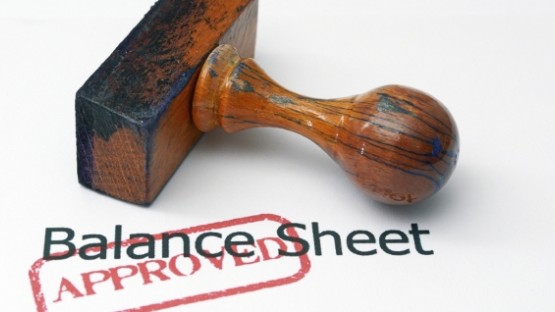
Looking for info on expat finance?
Expat Taxes: Get Advice

Get in Touch with the Tax Office
As a next step, you ought to contact the tax office and find out about the legal obligations for those moving abroad. The following checklist provides some questions you might want to ask.
- Do you have to file your taxes for the ongoing tax year when you leave? Or can/should you hand in your tax return for the entire fiscal year from abroad?
- Do similar regulations apply for returning to your home country?
- Have your country of origin and your destination agreed upon a tax treaty? Do you need to pay your income tax at home, abroad, or in both countries?
- Do you still need to file an annual tax return while living abroad? (Taxes for expats from the US are a case in point.) Or is doing your taxes overseas, with the local authorities, enough?
- Can you download the current tax returns online, or order them via mail?
- Where do you need to send your tax return? Does the usual address information still apply?
- Is there a special contact person for expats at your tax office back home? Make sure you know how to get in touch with them.
Hire a Tax Advisor
Lastly, after you have figured out the basics, it’s time to find a good tax advisor. If you already consult one on a regular basis, for example, because you’re self-employed or a small business owner, all the better! Maybe they can help you with international taxation, or they can refer you to a colleague who specializes in taxes for expats.
Even if you have never needed a tax consultant before, but could afford one, don’t hesitate to make an appointment now. They should be familiar with international tax matters concerning your country of origin and your destination. They should tell you what to consider once you live abroad and explain what to watch out for. For example, fiscal residency can have a huge impact on your tax burden.
One hypothetical example: Your family moves from country A to country B. You have a vague idea of international tax law. You thus know that country B has lower tax rates than country A. Moreover, both countries have entered into a bilateral tax treaty: You won’t be taxed on the same income twice.
So, you have to make sure that you’ll be treated as a resident for tax purposes in country B, instead of A, pay most of your income tax there, and profit. Easy, right? But not so fast!
The tax advisor tells you what you didn’t take into account. They point out that country A has higher tax rates, but much more generous tax benefits than country B. However, most of these deductions apply only to fiscal residents of A.
A careful comparison of your presumed tax burden for the ongoing or upcoming year shows that your family will fare better as fiscal residents of country A. The tax planner also explains how you might be able to keep your fiscal residency back home, despite living and working abroad for a while.
In cases like this, it really makes sense to get professional advice before you relocate. Moreover, you might even want to give a reliable tax advisor the power of attorney to handle all your tax-related matters at home on your behalf.
We also have some top tips on how to find a good tax consultant.




















